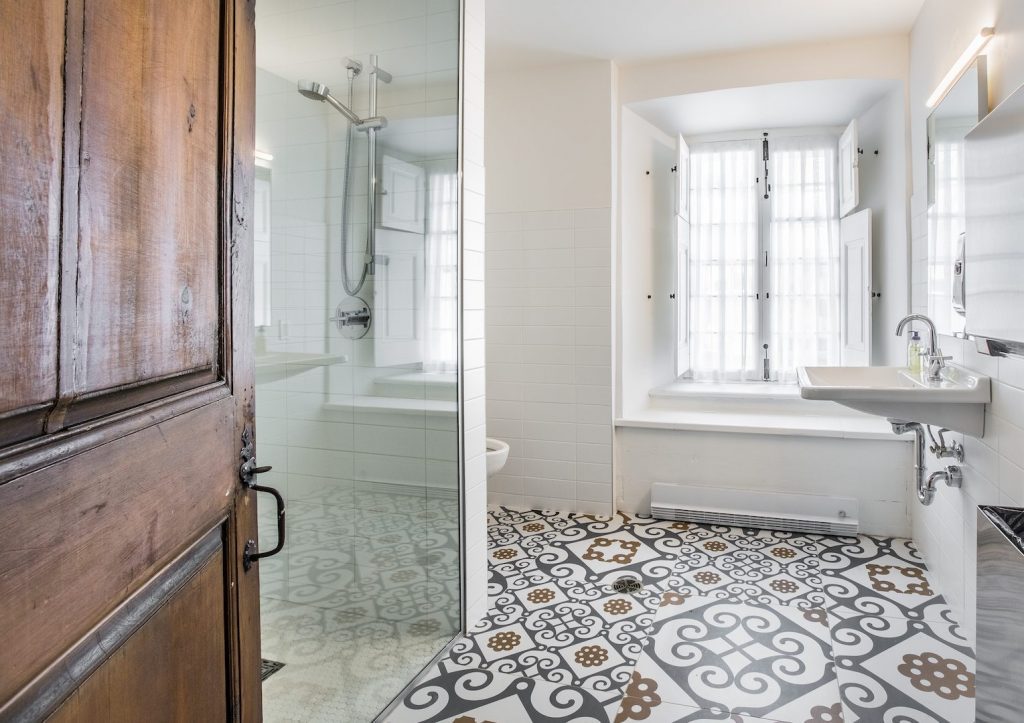The Canadian Nunnery That’s Become a Wellness Retreat

Skift Take
Le Monastère des Augustines may seem somewhat spartan, but it provides the quintessential transformation experience that today's luxury traveler seeks.
Here’s your day: Morning meditation. Breakfast in silence. Lunchtime yoga. Happy hour entertainment? Listening to an octet of 80+-year-old nuns singing at Vespers in the on-property chapel. Then, come bedtime, watch your head. The door frame of your room is only 66 inches high. Oh, and the bathroom is down the hall.
It may not sound luxurious (and indeed, the price tag is quite moderate), but the unique experience offered at Le Monastère des Augustines is priceless.
One doesn’t have to don a habit to stay at Le Monastère des Augustines in Quebec City, but a stay at the historic home base of the Augustinian order of nuns may make you change a few of your worst ones. Indeed, this wellness hostelry is the apotheosis of transformation travel. In fact, The Future of Luxury, just released by Sabre Corporation, cites it as a prime example of the "Quintessential Self" trend, in which people travel to find purpose, cultivate empathy and “discover new aspects of their own personalities in th
